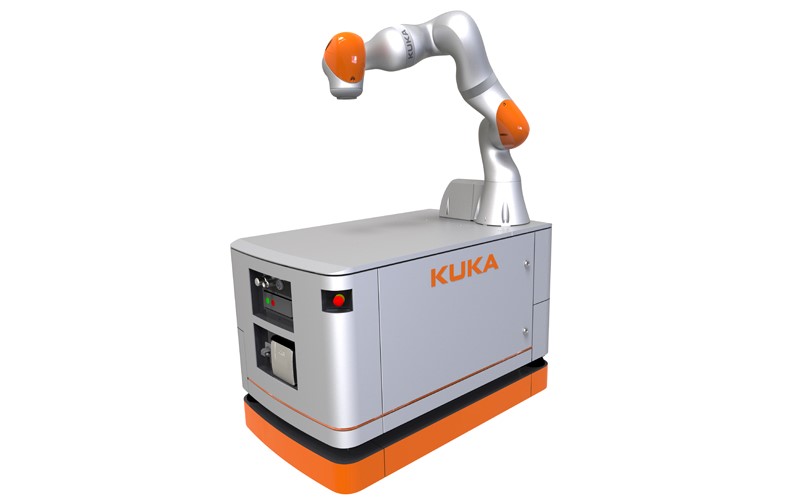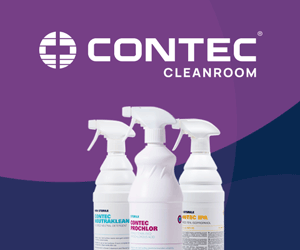PM Group, the engineering design company, is working on a project that challenges the use of isopropyl alcohol (IPA) wipe downs within pharmaceutical-grade areas, particularly in the context of cell and gene therapy processing facilities.
The company has realised that the use of IPA to wipe down materials in transfer across pharmaceutical-grade areas will be an issue when introducing robots and has joined forces with a team at the Technological University Dublin’s Department of Science to find an alternative.
“It is easy to predict that autonomous robotics will start to play a much more significant role in sampling, testing, kitting and material movement and to do this they will need to move freely between areas; that means an alternative to IPA wipe down must be treated as a priority,” explained Dave Wolton, Biopharma Technology Consultant.
Biopharma processing
The need for the study arises from PM Group’s recent experience designing facilities for cell and gene therapy products. For the company, the normal procedure for this type of work is to take current recommended practices and apply them to the new facility designs.
"This approach has worked well for the factories supplying the clinical market, however, problems have started to manifest themselves when they are applied to scaling up," Wolton said.

Example of modern autonomous robotic system suitable for manufacturing environments. Photo by Kuka Robotics
PM Group uses scheduling software to predict both materials movement/headcount used to move them and both of these areas have become problematic with scale.
According to Wolton, mobile robotics have been used successfully to solve this problem in other industries, however, in a biopharmaceutical environment, this means the robot and its material will need to move through a materials airlock.
He explained: “Current practice is that both materials and robots would get a wipe down with Isopropyl alcohol (IPA), but this would be difficult for a robot, so a human would be needed; defeating the object.
“In reality, the use of IPA wipes has its issues as well; getting to all surfaces of the equipment/materials can be problematic and inhalation of IPA is now being seen as a safety hazard.”
PM Group realised that the need to challenge the use of IPA wipes was becoming quite urgent and the best way to tackle the issue was to use science to assess the risk of moving towards an alternative.
Results of the ongoing study are expected later this year. These preliminary results will then be expanded on in partnership with the autonomous robotics project being carried out at University College Dublin.




